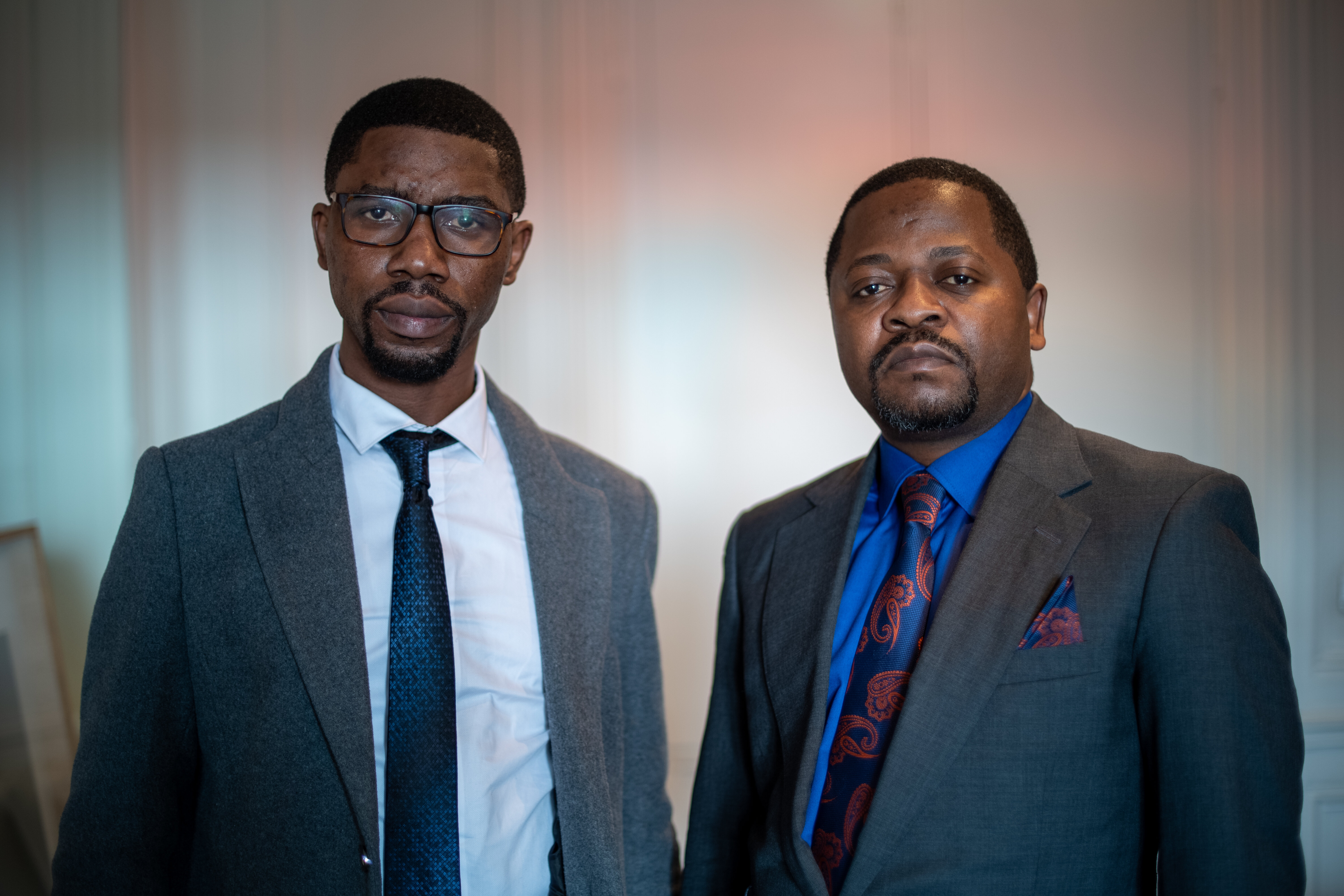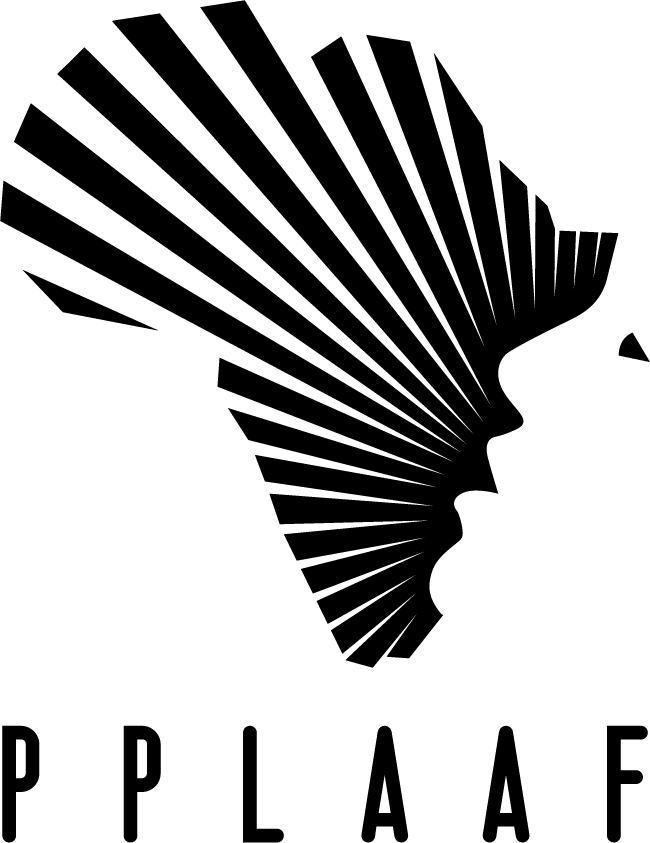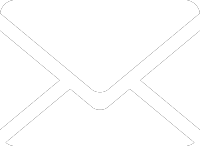(Paris, February 26th 2021) – Two Congolese whistleblowers have revealed that their former employer, Afriland First Bank DRC, harbored networks engaged in money laundering and the circumvention of international sanctions, the Platform to Protect Whistleblowers in Africa (PPLAAF) said today. These revelations have led to investigations by international media outlets that will be published in the coming days.

The whistleblowers, Navy Malela and Gradi Koko, worked for several years in the audit department of Afriland First Bank, the Congolese subsidiary of a Cameroonian bank. They blew the whistle internally, then transmitted these compromising documents to NGOs and journalists at great risk to their personal safety and that of their families. One of them was seriously threatened and they had no choice but to go into exile in Europe.
Afriland’s lawyer, Eric Moutet, claimed at a press conference in Kinshasa on 25 February 2021 that the two whistleblowers had been sentenced to death by a Kinshasa court in September. The judgment remains untraceable despite numerous requests from PPLAAF and the media. If such a judgment has in fact been handed down, it would represent a terrible blow to the fundamental rights of these whistleblowers.
“It would be incredible if whistleblowers are being sentenced to death without having the opportunity to defend themselves, while those who enable the Congolese people’s money to disappear are not being prosecuted,” Navy Malela said.
In July 2020, the information given by Mr. Koko and Mr. Malela informed findings and analysis in the report “Undermining Sanctions”, published by PPLAAF and Global Witness, as well as articles of Bloomberg, Le Monde and Haaretz. The revelations showed how businessman Dan Gertler allegedly established a money laundering network to evade U.S. sanctions against him and to acquire new mining assets in the DRC. After the release of the report, U.S. senators asked the U.S. Treasury to impose penalties against sanctioned individuals who circumvent sanctions by creating new companies. Later, some 40 MEPs demanded that the European Union adopt a regime which will allow to sanction individuals such as Mr. Gertler.
“Our message to the Congolese people is that of collective awareness,” said Gradi Koko. “We must stand up to stop these networks that use the wealth of our beautiful country.”
The revelations, covered in publications by Bloomberg, RFI, Haaretz, Africa Confidential, RTS, Actualite.cd and the Mail & Guardian, show how Afriland allowed associates of businessman Dan Gertler to convert millions of dollars in cash into euros and to deposit those euros into the accounts of individuals or shell companies linked to Mr. Gertler. One of these companies received loans of tens of millions of euros from Afriland.
On January 15, 2021, the Trump administration quietly granted a license allowing Gertler and his companies access to the U.S. financial system until January 31, 2022. The U.S. government’s last-minute measure effectively lifting sanctions imposed on Israeli billionaire Dan Gertler for a year and immediately drew criticism from members of the U.S. Congress and 30 Congolese and international NGOs.
The revelations also show that important Congolese politicians and political institutions also held accounts at Afriland. Their accounts show movements sometimes up to several million dollars in cash.
Several companies suspected of belonging to Hezbollah financiers, some under US sanctions, have also held active accounts in Afriland.
In August 2020, US NGO The Sentry showed how North Korean businessmen linked to their country’s government used Afriland to participate in operations that apparently violated EU, UN and US sanctions. New information revealed today shows that other North Korean individuals had accounts at the bank.
Finally, investigations show that not only was Afriland aware of these acts, but that its management had deliberately participated in their implementation. After being alerted by these two employees to some of these internal irregularities, Afriland’s management responded by implying one of the whistleblowers could get shot in the street, according to one of them.
“Once again, whistleblowers are risking their lives to combat opacity and defend banking regulations,” said Gabriel Bourdon-Fattal of PPLAAF. “We call on the Congolese authorities to launch investigations into these acts and on President Tshisekedi to promote mechanisms to protect whistleblowers, as he recently announced. “
“Thanks to the silent revolution of whistleblowers like Gradi and Navy on the African continent, no crime will remain a secret forever, and the change we desire will eventually make itself felt,” said Jean-Jacques Lumumba, Congolese whistleblower and banker. “Acts like theirs are a source of hope for the DRC and for our continent.”_
PPLAAF is a non-governmental organization established in 2017 to protect whistleblowers, as well as to advocate and engage in strategic litigation on their behalf when their revelations deal with the general interests of African citizens




